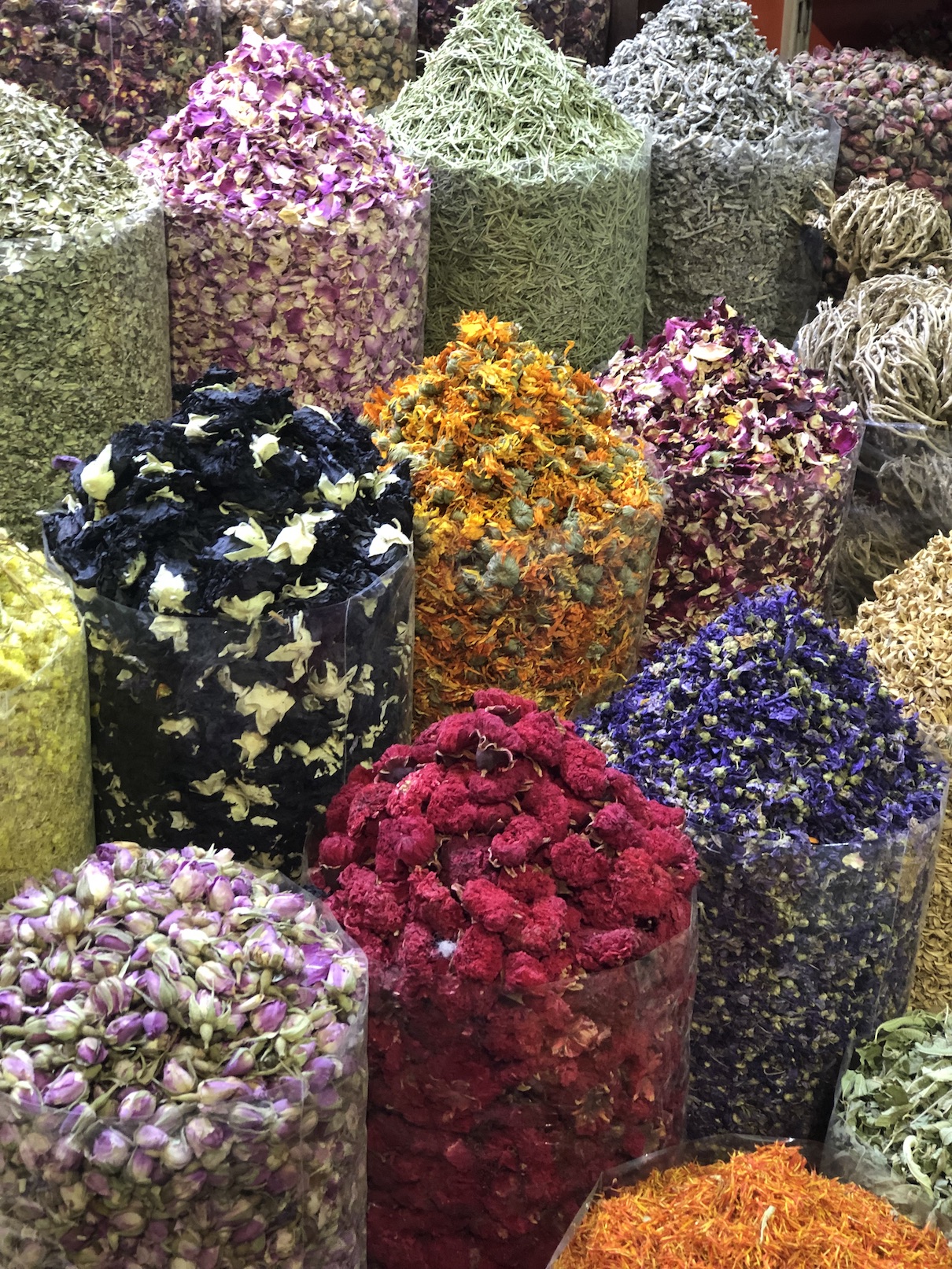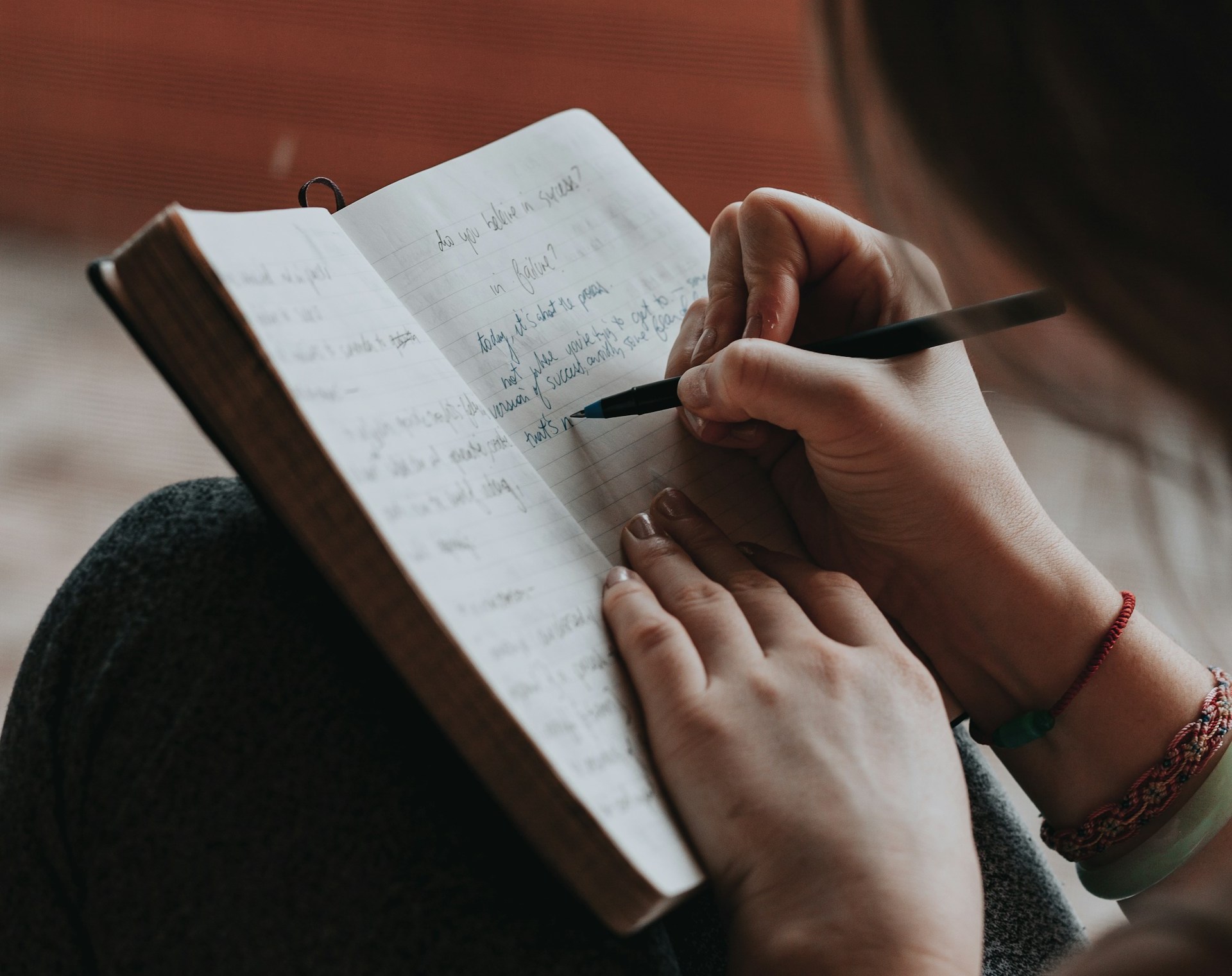Water, as an element, is integral to life. It represents fluidity, purification, intuition, and the emotional realm. Water is often associated with the qualities of being adaptive, reflective, and mysterious. In various spiritual practices, water is utilized to symbolize and manipulate the emotional aspects of the self, to cleanse both physically and spiritually, and to facilitate psychic abilities and deep introspection.
Direction: Traditionally, water is associated with the West. This directional correspondence aligns with the setting sun, symbolizing the completion of the day and the onset of reflection and rest.
Energy: Feminine, receptive. Water’s energy is primarily inward-focused and nurturing. It absorbs, soothes, and embraces, providing a counterbalance to the assertive energies of fire.
Magick: Healing, love, psychic awareness. Water is used in rituals to enhance emotional understanding and to foster connections between individuals and the spiritual realm.
Tarot Suit: Cups. The Suit of Cups in tarot deals with the emotional level of consciousness and is aligned with the water element, focusing on connections, relationships, and feelings.
Time of Day: Twilight. This time is when light diminishes and the world quiets, a perfect metaphor for the introspective and absorbing qualities of water.
Colors: Blue, aquamarine, green, silver, and seafoam. These colors evoke the depth and tranquility of bodies of water and the sky at twilight.
Zodiac Signs: Cancer, Scorpio, Pisces. These water signs are known for their emotional depth, intuitive nature, and psychic abilities.
Life Cycle: Maturity. Water corresponds to the time in life where one has gained wisdom through emotional experiences and is often more inward-looking and reflective.
Symbols and Tools Associated with Water
Symbols: Oceans, lakes, rivers, rain, dew, mirrors, cups, bowls. These symbols not only represent water itself but also the qualities that water embodies, such as depth, fluidity, and reflection.
Metals: Silver, mercury. Silver is reflective and receptive, much like the surface of water, and mercury is fluid and changeable.
Herbs and Plants: Aloe, cucumber, lotus, water lily, seaweed, willow, and other plants that thrive in or near water. These are used in spells and rituals to invoke the properties of water.
Deities: Many cultures have deities specifically associated with water, including Aphrodite (Greek), Yemaya (Yoruba), Poseidon (Greek), Neptune (Roman), and Tiamat (Babylonian). These gods and goddesses govern over different aspects of water, from the ocean’s depths to the nurturing rains.
Animals: Dolphins, fish, seals, swans, crabs, frogs. These creatures, living in or closely associated with water, symbolize the adaptability and intuitive nature of water.
Legendary Creatures: Mermaids, naiads, undines. These mythological beings are often depicted as having a direct connection to the element of water, embodying its enchanting, elusive, and sometimes perilous nature.
Crystals and Stones: Aquamarine, turquoise, pearl, moonstone. These stones are commonly used in practices that require a deep emotional healing or connection to the psychic realm.
Tools: Chalice, cauldron, mirrors, shells. In ritual practices, these tools are used to hold water, reflect images for scrying, and represent the element on altars.
Ritual Uses of Water
Water is versatile in ritual contexts, used for purification, healing, and as a medium for scrying or divination. Here are some common ritual actions involving water:
- Cleansing and Purification: Using water in rituals can involve literal bathing or anointing oneself or objects to cleanse away negative energies.
- Scrying: Using a bowl of water as a tool for divination by gazing into its depths to receive visions or insights.
- Healing Rituals: Water charged by the moon or infused with herbs can be used in potions or baths to promote healing and emotional peace.
- Love Spells: Water is often used in love spells to enhance emotional connection and to nurture relationships.
- Psychic Work: Drinking charged water before performing psychic work to enhance intuitive abilities.
Seasonal and Celestial Correspondences
Water’s influence extends beyond static symbols and associations, intertwining with the rhythms of the natural world and celestial movements.
Season: Autumn. This season often corresponds with water due to the balance between ending and beginning, mirroring water’s introspective and transformative qualities. The falling leaves and cooler temperatures reflect a shift towards reflection and inward focus, much like water encourages emotional introspection.
Moon Phases: The full moon is particularly significant when working with water. The moon’s pull affects the tides and can enhance water magick, particularly for growth, manifestation, and psychic awareness. Conversely, the new moon can be a potent time for beginning deep, introspective journeys and cleansing rituals.
Water in Cultural Practices and Myths
Across the world, water holds a sacred place in mythology and cultural practices, often seen as a source of life and a portal to other realms.
Mythology and Folklore: In many myths, water is the realm of the unknown, housing creatures and gods with tremendous power. Stories from various cultures depict heroes venturing into watery depths to gain wisdom or power, reflecting water’s role as a medium for transformation and discovery.
Cultural Rituals: Many cultures have rituals that emphasize the purifying and life-giving properties of water. For instance, the Japanese Shinto practice of Misogi involves purification rituals with water to cleanse the spirit. Similarly, Hinduism incorporates ritual bathing in the holy river Ganges to purify and renew the faithful.
Psychological and Emotional Aspects
Understanding water’s emotional correspondence offers a deeper insight into its transformative power in our lives.
Emotional Healing: Water is inherently connected to the healing of emotional wounds. The soothing sound of running water or the rhythmic waves of the sea can help calm the mind and open the heart, facilitating deeper emotional processing and healing.
Subconscious Exploration: Water is often likened to the depths of the subconscious, where dreams and intuitions reside. Engaging with water can help unlock these deeper realms, enhancing one’s understanding of self and the universe.
Adaptability and Change: Just as water flows and adapts to its container, it encourages us to be more adaptable and accepting of change. Its fluid nature reminds us that change is a natural and necessary part of life, and resistance often proves more harmful than beneficial.
Practical Magickal Applications
- Water Altars: Setting up a small altar with representations of water can help focus and amplify water’s energetic properties. Include items like shells, water-filled bowls, images of water deities, and blue or sea-green cloths.
- Moon Water: Collect water under the light of the full moon to create moon water, which can be used to enhance spells, anoint the self for enhanced psychic abilities, or simply as a drink to connect with the lunar energies.
- Bathing Rituals: Ritual baths can incorporate salts, herbs, and essential oils corresponding to water’s energies for purification, emotional release, or spiritual renewal.
- Water Offerings: Offering water to deities or spirits as part of a daily or ritual practice can strengthen connections to the spiritual realm and show reverence for life’s interconnected flows.
- Dream Work: Using water in rituals before sleep—such as washing hands and face with moon water or placing a bowl of water by the bed—can enhance dream clarity and psychic intuition.
- Emotional Release Rituals: Writing down emotional troubles and floating the paper in a river or bowl of water can symbolize letting go of those issues, using water’s transformative properties to carry away emotional baggage.
Ethical Considerations
When working with water in magick, it’s crucial to consider the sustainability and ethical implications of your sources and uses of water.
Environmental Impact: Be mindful of the source of your water and its impact on the environment. Using natural bodies of water for ritual without harming the ecosystem or taking more than needed shows respect for water’s sacredness.
Cultural Sensitivity: Understand the cultural significance of water practices and symbols, especially when they originate from cultures not your own. Practice respect and do not appropriate sacred traditions without understanding and permission.
















